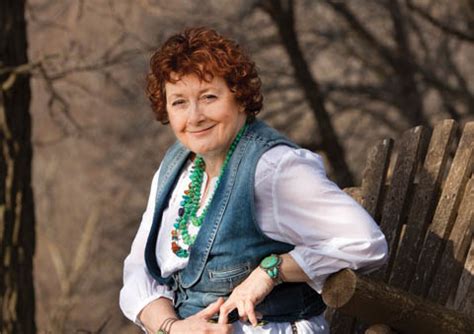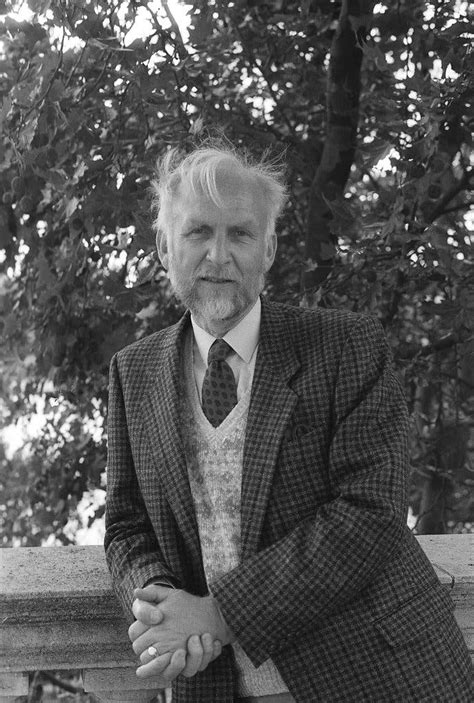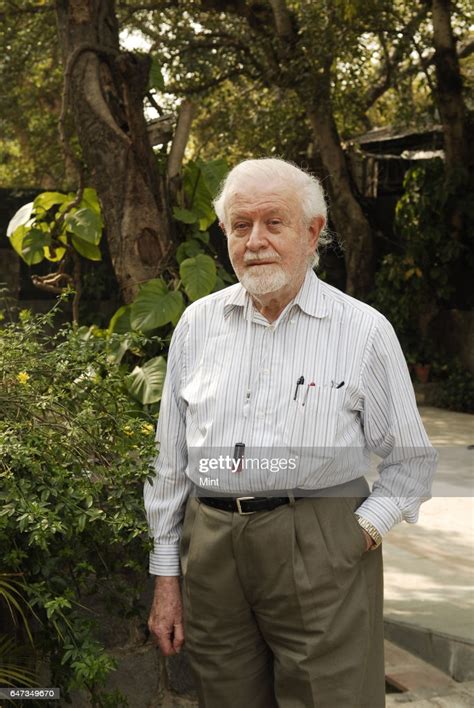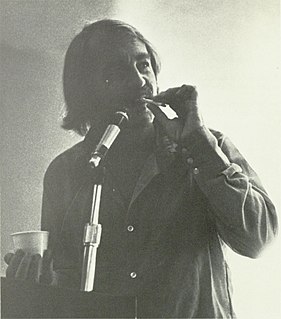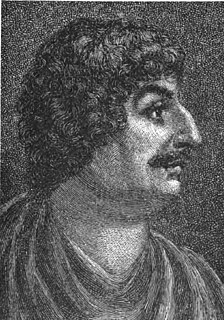A Quote by Scott Westerfeld
Related Quotes
At first I wanted to go to university, but I really didn't dare to. I was too self-conscious, being a working-class kid. It was really difficult. I was going to study history, but the professor asked me some questions I didn't understand, and I didn't dare to ask what they meant. I left university and went to work in the Post.
You can't have a novel without real, believable people, and once you get into either too theoretical a novel or too philosophical a novel, you get into the dangers that the French novel has discovered in the past 50 or 60 years. And you get into a sort of aridity. No, you have to have real, identifiable people to whom the reader reacts in a way as if they were real people.
In general, I think every novel is a political novel, in that every novel is an argument about how the world works, who has power, who has a voice, what we should care about. But political novels can be boringly polemical if they end up being too black and white, too one dimensional, like war is bad, killing people is wrong.


